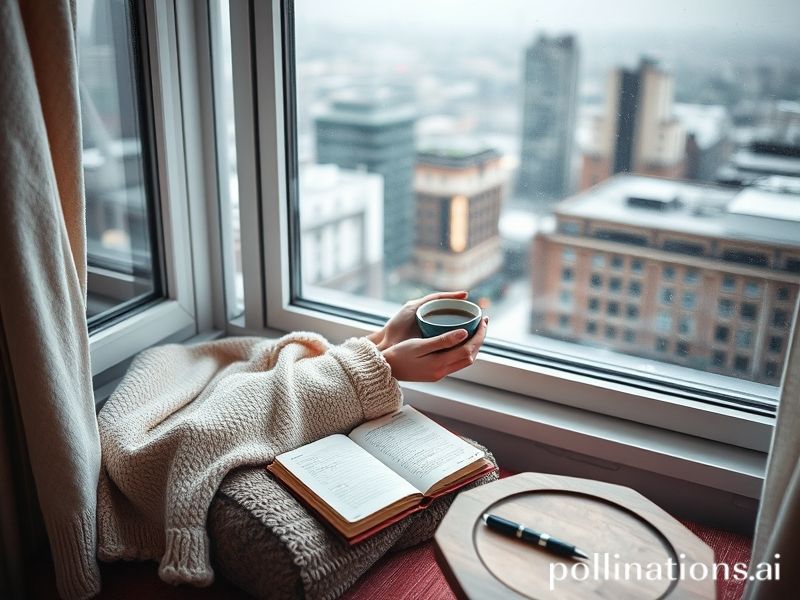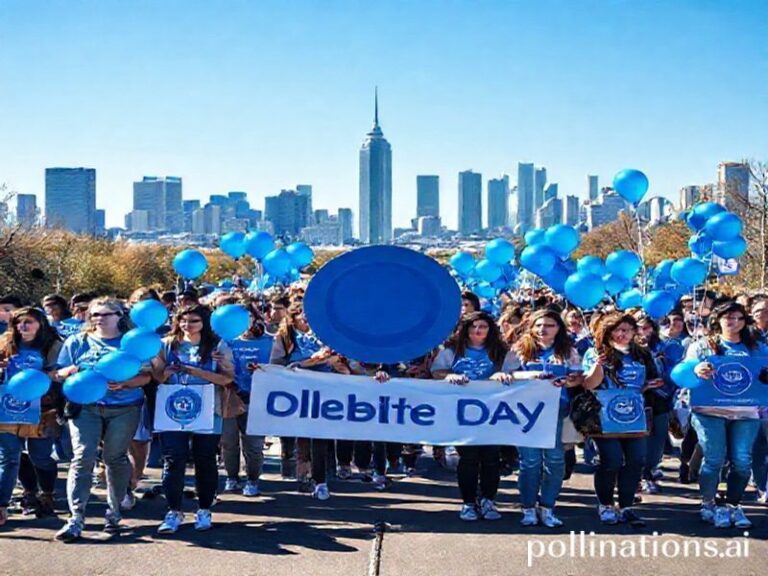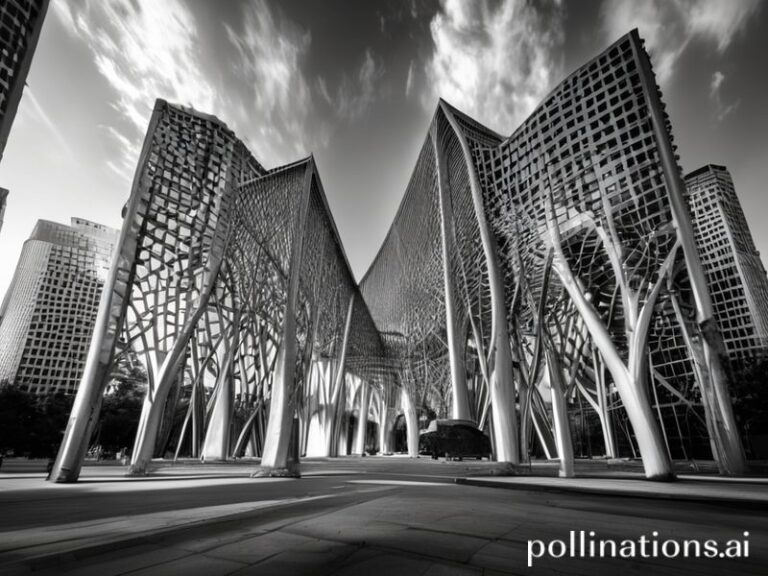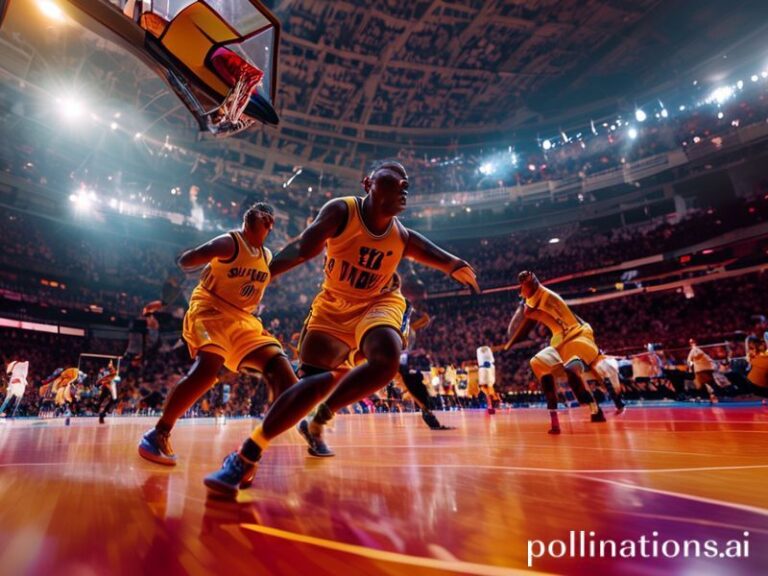Mental Health Day: The Global Trend That’s Finally Giving Us Permission to Breathe
**Title: “Mental Health Day: The Global Trend That’s Finally Giving Us Permission to Breathe”**
Alright, folks, let’s talk about something that’s been trending globally and is finally getting the attention it deserves: **Mental Health Day**. No, it’s not a new Netflix series or a viral TikTok dance—it’s a day (or days) dedicated to prioritizing your mental well-being. And honestly, it’s about time.
### **Why Is Mental Health Day Trending?**
First off, let’s address the elephant in the room: **burnout is real, and it’s not just a millennial excuse to skip work**. The pandemic, remote work, and the never-ending news cycle have left many of us feeling like we’re running on fumes. Enter: the mental health day. It’s a concept that’s been gaining traction globally, with people taking intentional breaks to recharge, reflect, and reset.
Social media has played a huge role in normalizing this trend. Platforms like Twitter, Instagram, and LinkedIn are flooded with posts about mental health days, with people sharing everything from their cozy at-home routines to their adventures exploring nature. It’s become a badge of honor to say, “I took a mental health day,” and honestly, it’s about time we stopped stigmatizing self-care.
### **Cultural Context: A Global Phenomenon**
The idea of a mental health day isn’t new, but its global acceptance is. In countries like Sweden, the concept of “fika” (a coffee break that’s more about socializing and relaxation than caffeine) has been a cultural staple for years. In Japan, the idea of “karoshi” (death from overwork) has sparked conversations about work-life balance, leading to more open discussions about mental health.
In the U.S., the trend has been amplified by high-profile figures like Prince Harry and Meghan Markle, who have been vocal about their own mental health struggles. Meanwhile, in the UK, the Duke and Duchess of Cambridge have championed mental health awareness campaigns, making it a mainstream topic.
### **Social Impact: Breaking the Stigma**
The rise of mental health days is part of a larger cultural shift toward destigmatizing mental health issues. For years, society has treated mental health as a taboo subject, something to be whispered about or ignored altogether. But thanks to the internet, social media, and a growing collective awareness, people are finally feeling empowered to speak up and prioritize their well-being.
Companies are also starting to take notice. Some forward-thinking employers are offering mental health days as part of their benefits packages, recognizing that a happy, healthy workforce is a productive one. And while there’s still a long way to go, the trend is a step in the right direction.
### **Why This Topic Is Significant**
Mental health days matter because they send a clear message: **your well-being is important**. In a world that’s always on, always connected, and always demanding more, it’s crucial to have moments of respite. Whether it’s a day off to binge-watch your favorite show, a weekend getaway, or simply a few hours of uninterrupted solitude, mental health days are a reminder that it’s okay to hit pause.
Moreover, the trend highlights the importance of self-care in an era of constant hustle. It’s a nod to the idea that productivity isn’t everything and that sometimes, the most productive thing you can do is take a break.
### **Conclusion: The Future of Mental Health Days**
As mental health days continue to trend globally, it’s clear that this is more than just a passing fad. It’s a cultural shift, a recognition that mental health matters just as much as physical health. And while there’s still work to be done to fully destigmatize mental health issues, the trend is a promising sign of progress.
So, the next time you’re feeling overwhelmed, remember: it’s okay to take a mental health day. In fact, it’s more than okay—it’s necessary. And who knows? Maybe one day, mental health days will be as common as coffee breaks. Until then, keep prioritizing your well-being, and don’t forget to breathe.
—







